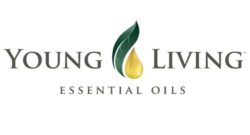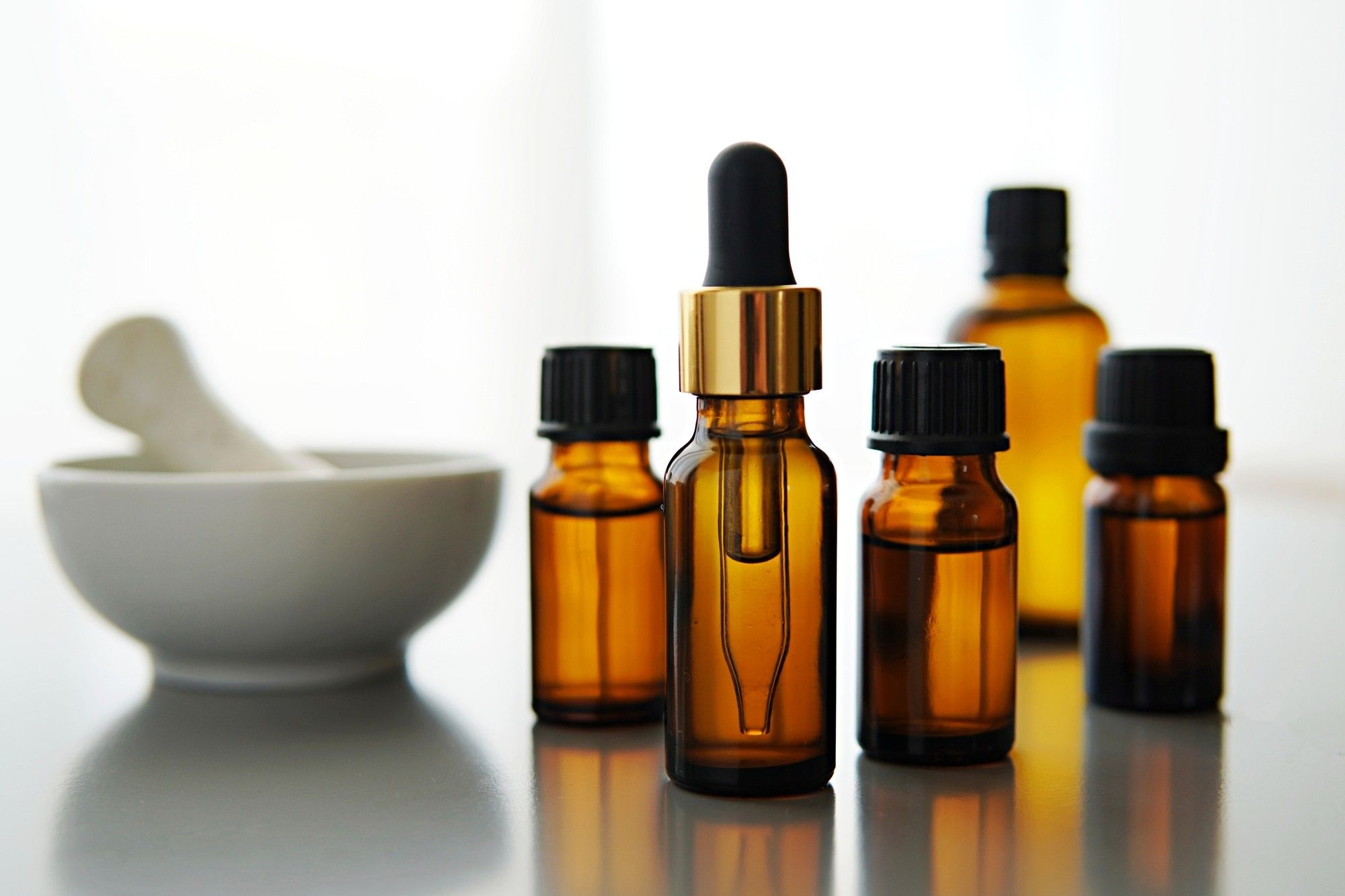Top Class Actions’s website and social media posts use affiliate links. If you make a purchase using such links, we may receive a commission, but it will not result in any additional charges to you. Please review our Affiliate Link Disclosure for more information.
A Minnesota woman has filed a class action lawsuit claiming Young Living’s therapeutic essential oils aren’t really therapeutic at all, despite the company’s advertising.
Shannon Branchaud of Minnesota says she purchased numerous bottles of Young Living Essential Oils over the last four years, and paid a premium price for them, because they were billed to be of “therapeutic grade.” The labeling on the bottles said so. Yet Young Living has no scientific proof or test results to back up the company’s claims about the benefits its oils offer, she says.
“Contrary to the express representations made on its label, the products, which claim to be ‘therapeutic’ and provide a number of health related benefits, provide no healthy or medicinal benefit whatsoever,” Branchaud’s class action lawsuit claims.
Among the specific health and wellness benefits Young Living has said its various therapeutic essential oils deliver, according to the class action lawsuit, are:
- That its Dragon Time oil will calm or relax consumers when applied or diffused, helping “promote feelings of stability and calm during occasional times of moodiness.”
- That its bergamot oil will help reduce feelings of anxiety when applied or diffused, relieving “tension during times of occasional stress.”
- That its RC oil can help improve sleep.
- That its Brain Power oil, a blend of “therapeutic essential oils,” will “promote a sense of clarity and focus when used aromatically.”
- That its Davana oil can treat symptoms of depression.
The company’s sales representatives have been told that “when describing therapeutic-grade essential oils to someone else, it’s important to relay that every essential oil Young Living distills or sources has the highest naturally-occurring blend of constituents to maximize the desired effect,” the Branchaud class action lawsuit says.
Young Living, based in Utah, manufactures its essential oils and distributes and markets them throughout the country by way of independent distributors who sell directly to customers and earn commissions – making it a multi-level marketing company.
The class action lawsuit claims that Young Living Essential Oils reported annual sales of more than $1 billion from 2015 and 2017.

It is unclear how many Class Members would participate, but there could be “thousands to hundreds of thousands,” the plaintiff’s lawyers said.
Young Living Essential Oils sell for about $36 a bottle, nearly three times the price of other similar products, according to the class action lawsuit.
Before Branchaud filed suit, Young Living was the subject of an investigation by the National Advertising Division, which is the advertising industry’s self-regulatory organization. The NAD monitors and reviews national advertising and hears complaints about misleading ad campaigns.
“Young Living was challenged as to the truthfulness and accuracy of its health related claims about the [essential oils], particularly that they are ‘therapeutic,’” Branchaud’s lawyers noted in the class action. “In that proceeding, Young Living failed to provide any competent and reliable scientific evidence to support its health related claims.”
In July, NAD officials ruled against the company and recommended it stop holding out the oils as therapeutic.
Young Living agreed to abide by the NAD’s recommendations.
According to Branchaud’s legal team, the only reason Young Living used misleading tactics to advertise its essential oils was “to stimulate sales and enhance … profits.” They are accusing the company of violating Minnesota consumer protection and business laws.
Have you ever purchased Young Living’s therapeutic essential oils because you believed they were capable of delivering the health and wellness benefits as advertised? Tell us about it in the comment section below.
Lead plaintiff Branchaud and the proposed Class Members are represented by Robert K. Shelquist and Rebecca A. Peterson of Lockridge Grindal Nauen P.L.L.P.; Gary M. Klinger and Gary E. Mason of Mason Lietz & Klinger LLP; and Aaron Siri and Mason A. Barney of Siri & Glimstad LLP.
The Therapeutic Essential Oils Class Action Lawsuit is Shannon Branchaud, et al. v. Young Living Essential Oils LC, Case No. 0:20-cv-02450-MJD-LIB, in the U.S. District Court for the District of Minnesota.
Read About More Class Action Lawsuits & Class Action Settlements:
















650 thoughts onYoung Living Class Action Lawsuit Says Therapeutic Essential Oils Are Falsely Advertised
Add me
Actually there are a ton of scientific studies done on oils. I’ve had personal experiences with these oils that other brands didn’t deliver. Sounds like some bitter ass people not succeeding at the business looking for a pay out lol
I agree with you
Yes. I purchased these based on a reality stars claims of amazingness to be the ultimate cure for anxiety and sleep problems. Needless to say, the oils I bought at Walgreens are probably better than these oils to begin with.
please add me
We purchased Young Living oils being told they are the best and purest in the industry…several $100s worth. Sadly, we were disappointed to discover we had thrown away so much money for a product we could have purchased elsewhere without the middlemen and price hike.
Yes and their diffuser please add me
Please add me
Add me please.
I’ve had the same issue
I also drank the kool aid several years ago because I am a stay at home mother and was told it would change my life. I bought into it. I tried to sign up everyone I knew. Long story short I didn’t last very long. The company and the top person in my team could have cared less but they wanted me to keep my monthly payments coming so I could still “get the benefits of wholesale prices etc. my mother in law has continued to be under this other person and pays her monthly payment and still has nobody under her for the last several YEARS. I would really like to find out how to have atleast her be a part of this if not the both of us. This company should be ashamed of themselves promoting that they’re making everyone’s lives better while actually watching their lives crumble before their eyes. But why should they care though we’ve all just been lining their pockets all along.
add me please